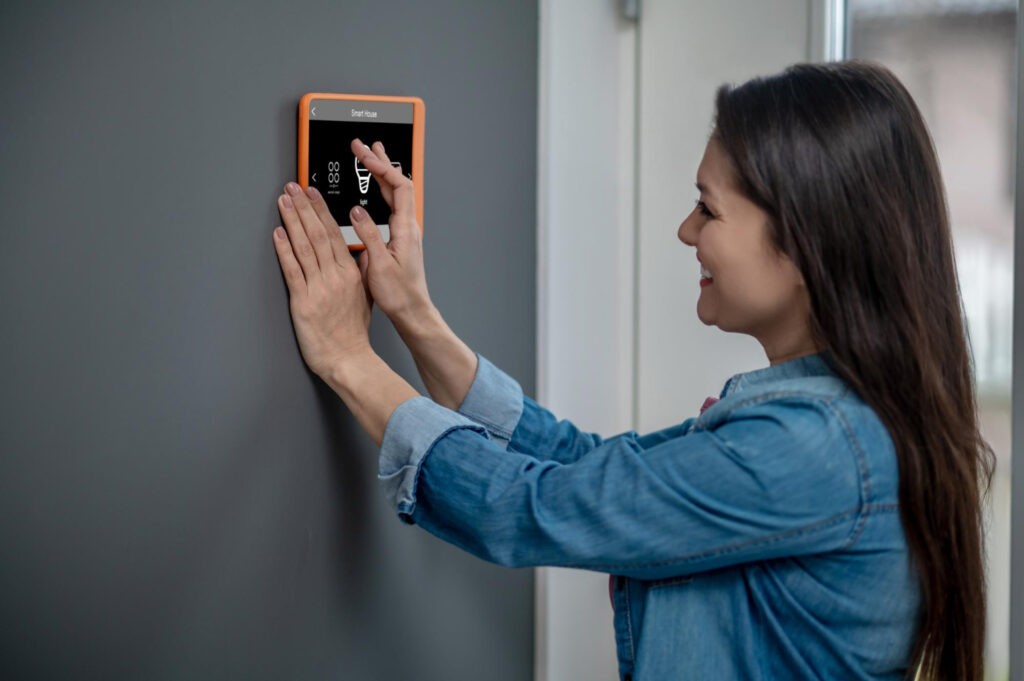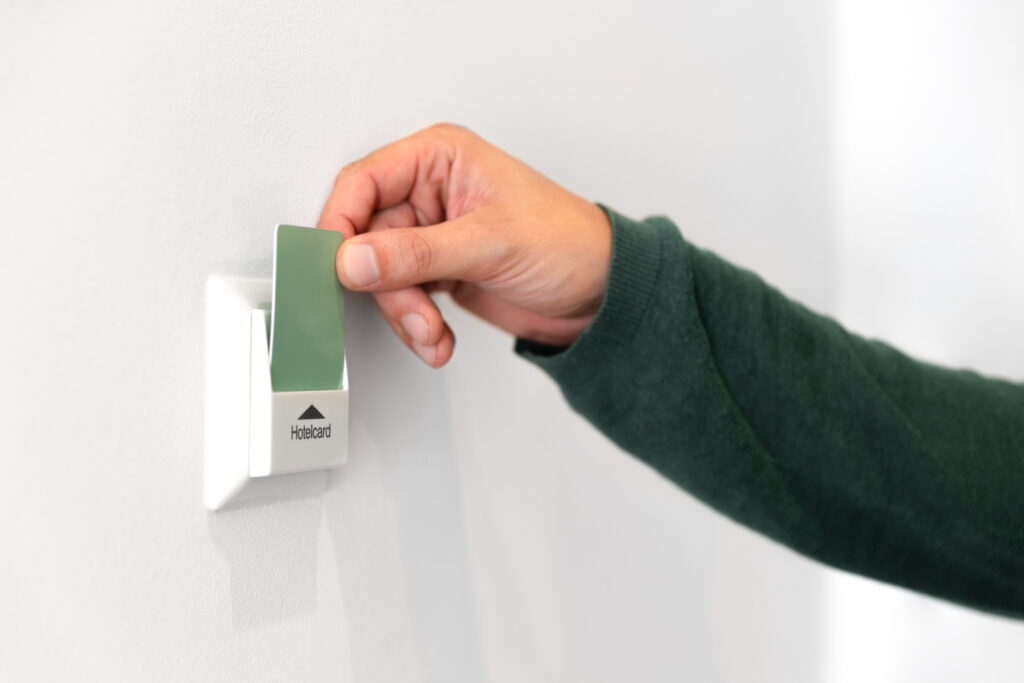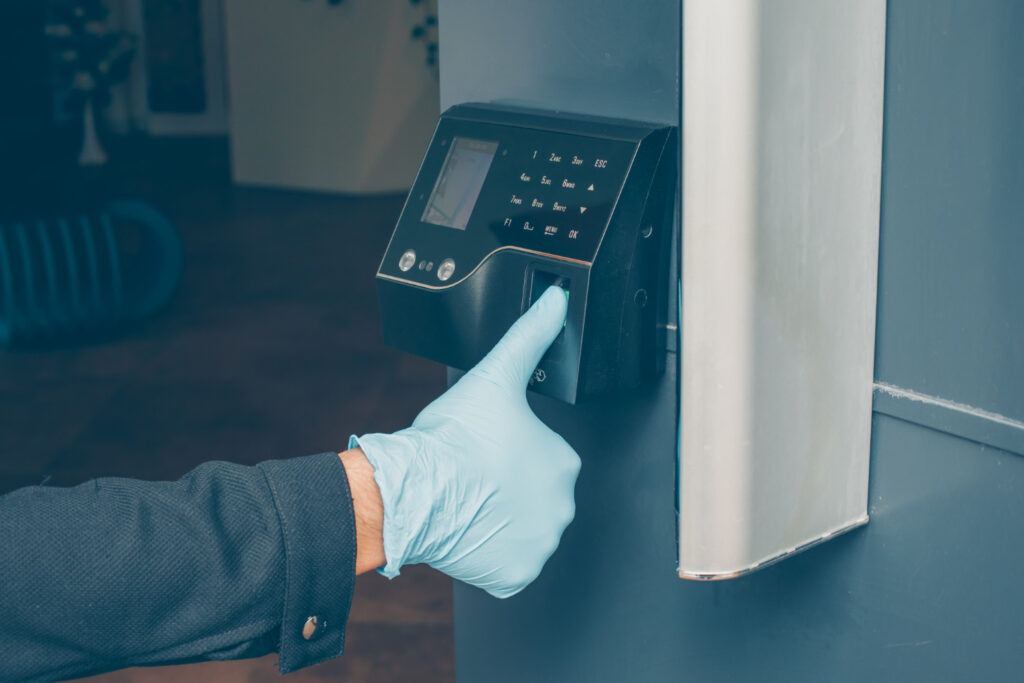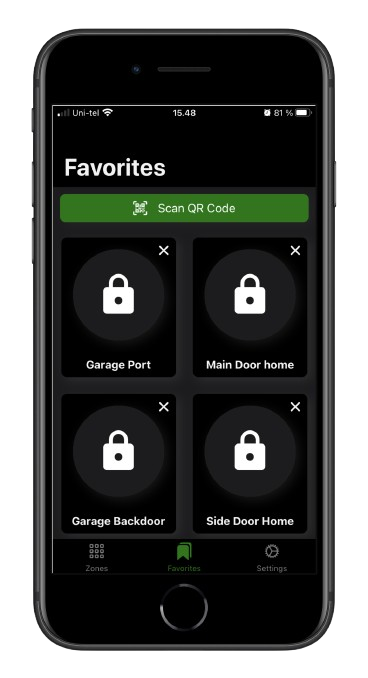Residential Access Control
- Technogroups
- Residential Access Control

-
+
Happy Clients
-
+
Associate Business Partners
-
years+
Business Experience
Residential access control systems
Residential access control systems provide secure and convenient access to multi-unit residential properties. They are designed to restrict entry to authorized individuals, such as residents, staff, and visitors. These systems typically use electronic credentials like key cards, mobile apps, or biometric data to verify identity and grant access.
They can be installed at entrances, gates, interior doors, and elevators, enhancing the overall security of the property. Residential access control systems offer benefits like improved safety, reduced maintenance costs, and enhanced convenience for residents.


Key Cards in Residential Access Control
Embedded technology: Key cards typically contain magnetic strips or chips that store unique identification codes.
Versatile use: They can be used at various access points, including entrances, gates, and elevators.
Easy management: They can be easily issued, deactivated, or reissued as needed.
Cost-effective: Key cards are generally affordable and offer a reliable security solution.
Potential for loss: However, there is a risk of key cards being lost or stolen, which could compromise security.

Biometric Access Control
Biometric access control systems offer a highly secure and convenient way to manage access to residential properties. By utilizing unique physical characteristics such as fingerprints, facial recognition, or iris scans, these systems can effectively verify the identity of individuals and grant or deny access accordingly. This eliminates the risks associated with lost or stolen keys or cards, providing a significant boost to security.
Benefits of Biometric Access
Enhanced security
Reduced risk of unauthorized access
Increased convenience
Improved accountability
Mobile App Access Control in Residential Properties
Mobile app access control systems offer a convenient and modern way for residents to manage access to their residential property. By using a smartphone app, residents can easily open doors, gates, and elevators without the need for physical keys or cards. These apps often utilize features like Bluetooth or near-field communication (NFC) to communicate with access control hardware.
Video management software changes this system by using software to monitor your video feed around the clock, alerting you to activity so you only need to watch the cameras when something happens. This will help you best utilize your surveillance system, saving you time and effort.

benefits of mobile app access control
Convenience
Flexibility
Integration with other systems
Enhanced security
While mobile app access control offers many advantages, it’s important to note that residents may need a reliable internet connection or cellular data for the app to function properly. Additionally, there may be potential security risks if the app is not properly designed or maintained.
Business Of Growth
We businesss standard chunk of Ipsum used since is Agency & Star tup.
We Grow Business
We businesss standard chunk of Ipsum used since is Agency & Star tup.
Markting Solution
We businesss standard chunk of Ipsum used since is Agency & Star tup.


